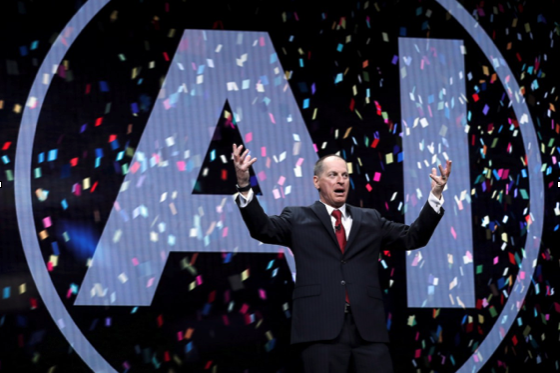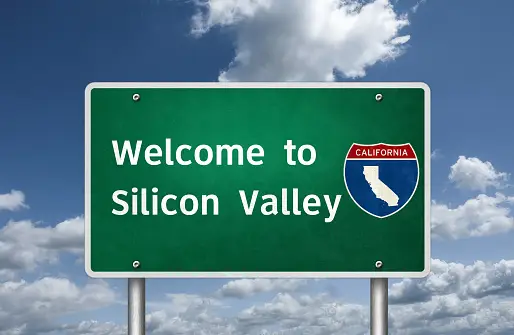WHAT DOES GENERATIVE IA MEAN FOR MEDIA?
By Damian Radcliffe, Carolyn S. Chambers Professor of Journalism - University of Oregon
When it comes to thinking about the impact of AI on media, few are as immersed in this space as Professor Charlie Beckett . "I know more about it than I've known about anything in my life," the academic noted.
The former news editor, now a professor at the LSE (London School of Economics) has been working almost exclusively in this space since 2019, when he wrote a report on artificial intelligence and associated technologies, based on a survey of 71 news organizations in 32 different. countries. The latest version of this global survey will be published in the fall.
We highlight some of the views highlighted by Professor Charlie Beckett in his interview with Digital Content Next:
Certainly, there are very real challenges around monetization and implementation. However, this is accompanied (at least in some quarters) by an enthusiasm for the potential that generative AI could unlock. "There's no question about it," Beckett said, "publishers simply see this as a potential godsend." The reason for this stems from a sense that generative AI can help reduce costs while allowing outlets to generate more content and a wider range of material. "That's not necessarily the case," Beckett cautions, noting that, along with efficiencies, new roles and workflows will also emerge because of this technology. For some organizations, however, generative AI has the potential to be a great help.
"In a world of AI-driven journalism, human-driven journalism will be the most prominent," Beckett predicts. "You have better journalists, smarter journalists, more creative journalists doing real reporting...that's where you're going to stand out."
At the same time, the breadth of its uses and the speed with which it is developing can be overwhelming. Beckett cautions that, as with many new tools and technologies, people tend to get too excited about the short-term possibilities and fail to spot the long-term consequences.
One difficulty, of course, is that it is very difficult to predict precisely what these impacts may be in the future. Nevertheless, Beckett sees potential implications for the workforce, the role of institutions, and content strategies.
When it comes to employment, generative AI will lead to rationalization. "Some specific jobs will disappear," he says, predicting that "the kind of bland [i.e., formulaic and often entry-level] journalism jobs will disappear altogether... And, of course, you can take the money, or you can redirect it."






